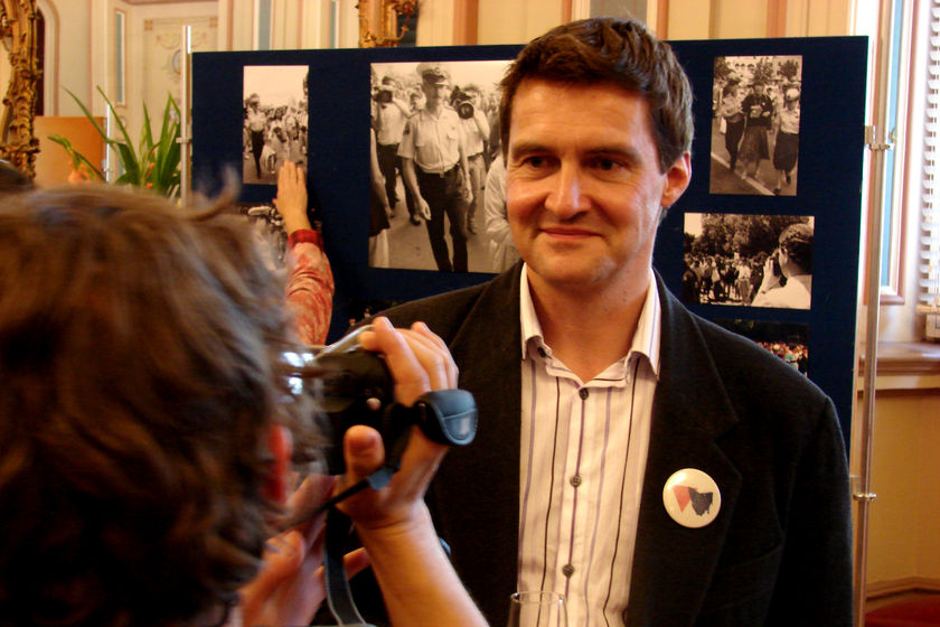This opinion piece by Rodney Croome was published in MCV and SX News on 22.02.11. It is about not alienating those people who are conflicted about marriage equality.
***
There was an unlikely meeting of minds last week between the Australian Christian Lobby and veteran gay broadcaster, Doug Pollard.
The former declared the debate on “same-sex marriage has been dominated by extreme gay activists who seek to label Christian views as…homophobic and bigoted”.
The latter, echoing not a few other prominent gay men, wrote “all opposition to equal marriage is indeed homophobic, discriminatory, and morally wrong”.
Both were commenting on an acknowledgement from Australian Marriage Equality that not all opposition to equality is based on prejudice, and an accompanying pledge to respect the convictions of those who oppose equality.
As well as being the right thing ethically, the pledge was a response to polls showing a significant number of Australians oppose same-sex marriages despite opposing discrimination against same-sex couples.
Many of them are older Australians who are conflicted about marriage equality because they have a relatively traditional view of marriage, not because they hate homosexuals.
The value these people place on marriage and tolerance make them potential allies in the movement for full equality.
The fact they are among the less-likely supporters of marriage equality makes them crucial allies in convincing politicians to act.
It’s both wrong and foolish to push them away with sweeping epithets like “bigot” and “homophobe”.
I can understand why the Australian Christian Lobby wants to play up the stereotype of angry, “extreme” gay activists.
Most of its arguments about upholding the institution of marriage are also arguments for allowing same-sex marriage.
Portraying gay people as a threat to marriage, religion and society hits more buttons.
I also understand why some gay people are impatient with politicians and preachers who espouse respect without showing it.
Many of us have been hurt by this kind of hypocrisy too many times.
But legal and social reform never grows out of division and derision.
The great human rights movements of the modern era succeeded when they reached beyond those who were directly affected to embrace everyone who wants the best for society.
They made progress when they left behind the accumulated resentments of the past and looked to the promise of the future.
The movement for marriage equality is no exception.

